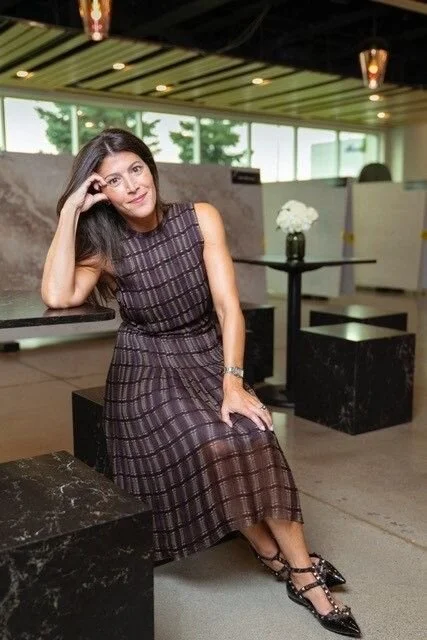![CHICAGO: Inside Life Creative, a 20,000 Square Foot Coworking Space in Fulton Market]()
Coworking spaces offer members shared resources, a sense of community, a place to collaborate, and cheap office space. That, along with plenty of coffee, is all most startups need out of their workspace.
But if you're getting started in the creative community, you might need a few other resources: say, a CNC router for carving designs, a carpentry department for building theater sets, yards of fabric for upholstering event furniture, a workspace to arrange flowers, to name a few.
And this week, a coworking space with all those resources (and more) is set to open to the creative community.
Life Creative, a new coworking space out housed in event management company Event Creative's 80,000 square foot Fulton Market headquarters in Chicago, will officially open doors to members this week. The goal is to create community and collaboration, as well as help fledgling artists, engineers, and founders get access to unique industrial and education resources.
Read the article on chicagoinno.streetwise.co >

























